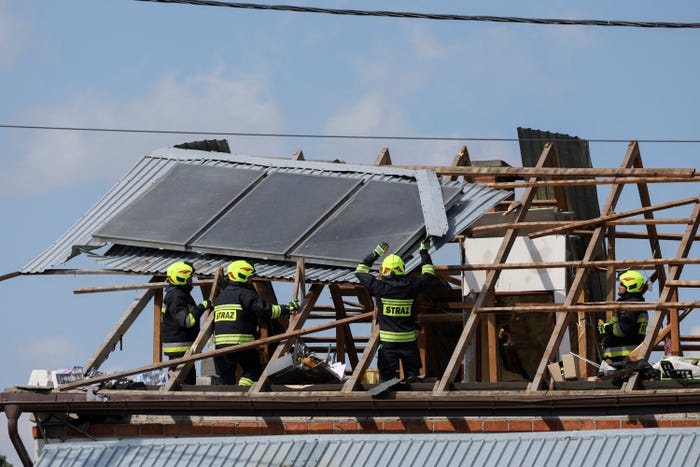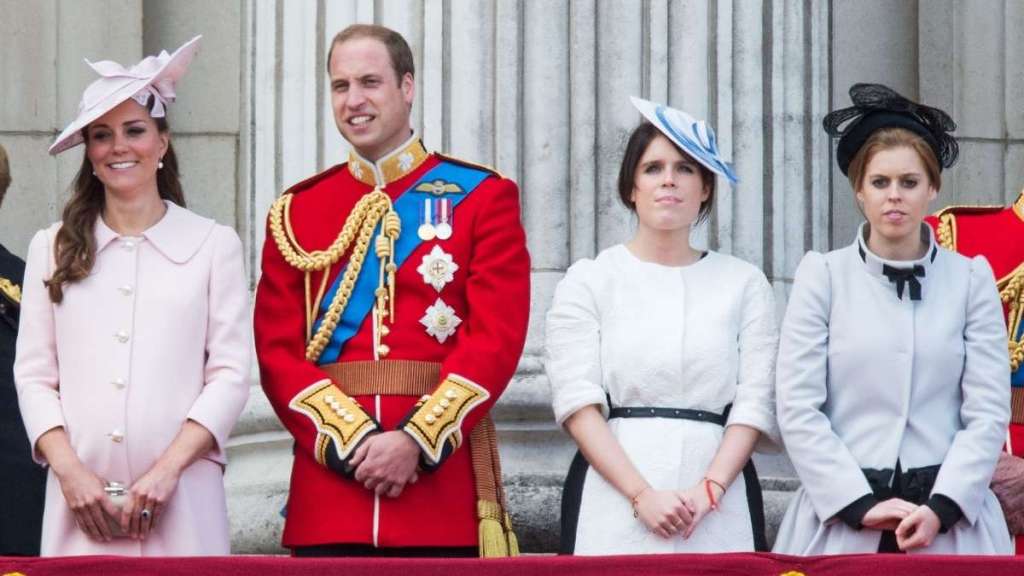Zelenskyy Urges NATO to Rethink Drone Defense After Polish Incursions

UPDATE: Ukrainian President Volodymyr Zelenskyy has issued a stark warning to NATO, declaring that its current approach to defending against Russian drone incursions is “not the way” to protect European skies. This urgent message follows a recent incident in which 19 Russian drones violated Polish airspace on October 4, 2023, prompting NATO to scramble fighter jets and raise alert levels.
The situation escalated when NATO aircraft, including Dutch F-35s stationed in Poland, were deployed to counter the drones. In response, Polish authorities activated their Patriot missile batteries. However, Zelenskyy criticized this reliance on costly air defense systems, noting that a single Patriot missile costs approximately $3 million, while the drones involved can be produced for under $100,000.
“A Patriot costs 2 to 3 million, while a drone costs up to $100,000. That is, you do not fight one with the other,” Zelenskyy stated during a press conference in Finland. “In the general sense, in the understanding of how to fight, that is not the way.”
While European forces successfully shot down at least three Russian drones, the incident has raised concerns about NATO’s preparedness against Russia’s growing drone capabilities. Zelenskyy emphasized that Ukraine has developed a more effective and adaptive air defense strategy, utilizing a combination of electronic warfare, interceptor drones, and ground-based machine guns.
With Russia reportedly launching waves of drone attacks, including its largest assault involving over 800 drones, Zelenskyy urged European nations to adopt Ukraine’s “multisystem” approach to air defense. “Only we have it, and the Russians have it,” he said, highlighting the necessity for NATO to evolve its defense strategies.
In light of the recent incursions, Poland has invoked Article 4 of the NATO Treaty, signaling a perceived threat and the need for urgent consultations with alliance members. This marks a significant moment, as Article 4 has only been invoked eight times since NATO’s founding.
As tensions mount, Zelenskyy has been actively engaging with leaders from Poland, the UK, Italy, and NATO officials to discuss forming a joint air defense system. “Donald and I agreed on appropriate cooperation at the military level,” he noted, referencing Polish Prime Minister Donald Tusk.
The Kremlin has dismissed NATO’s accusations, claiming no intent to provoke and neither confirming nor denying the drone incursions into Polish airspace. However, the alliance views these actions as deliberate provocations aimed at testing Western defenses.
As the situation develops, the urgent need for a cohesive and effective response to aerial threats is clear. Zelenskyy’s call to action may reshape NATO’s defense strategies in the face of an evolving battlefield, emphasizing the importance of adapting to new forms of warfare.
Stay tuned for more updates on this critical situation as international leaders respond to the challenges posed by Russia’s drone tactics.






